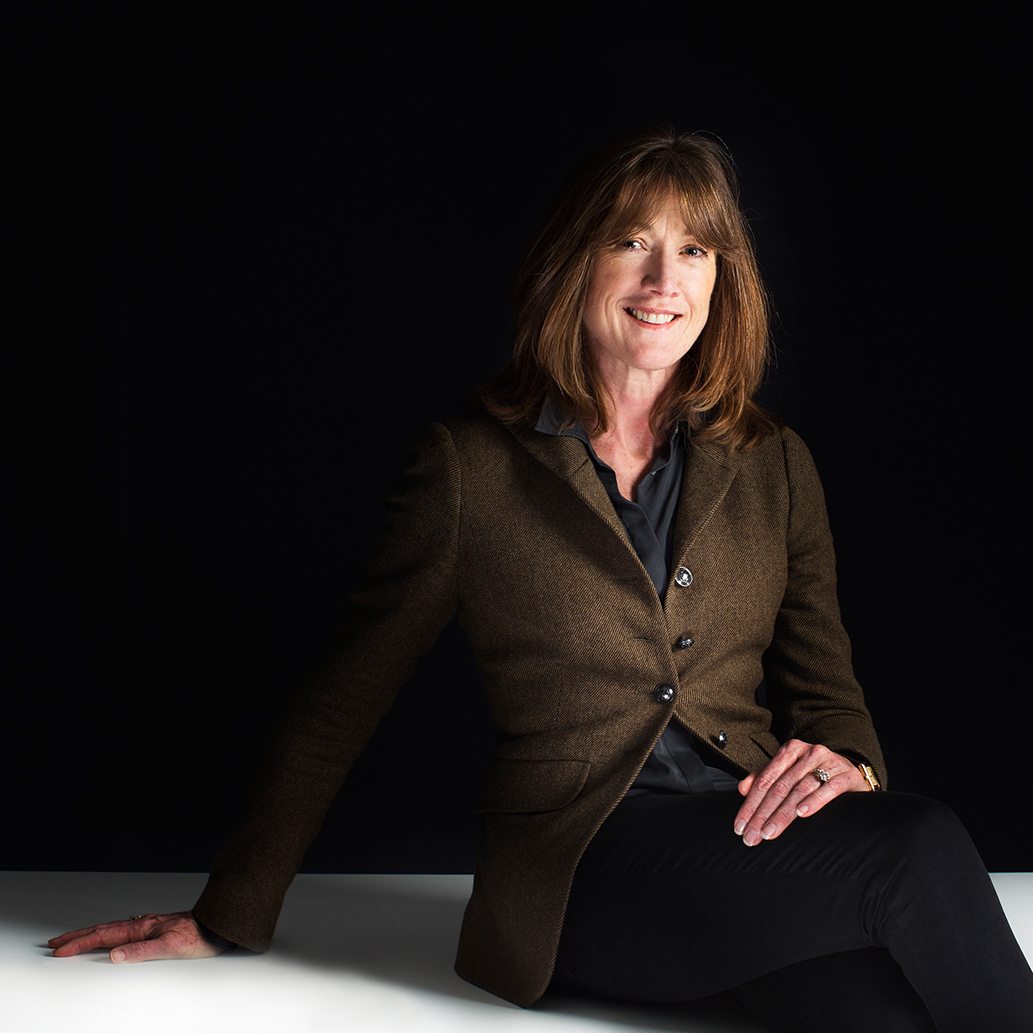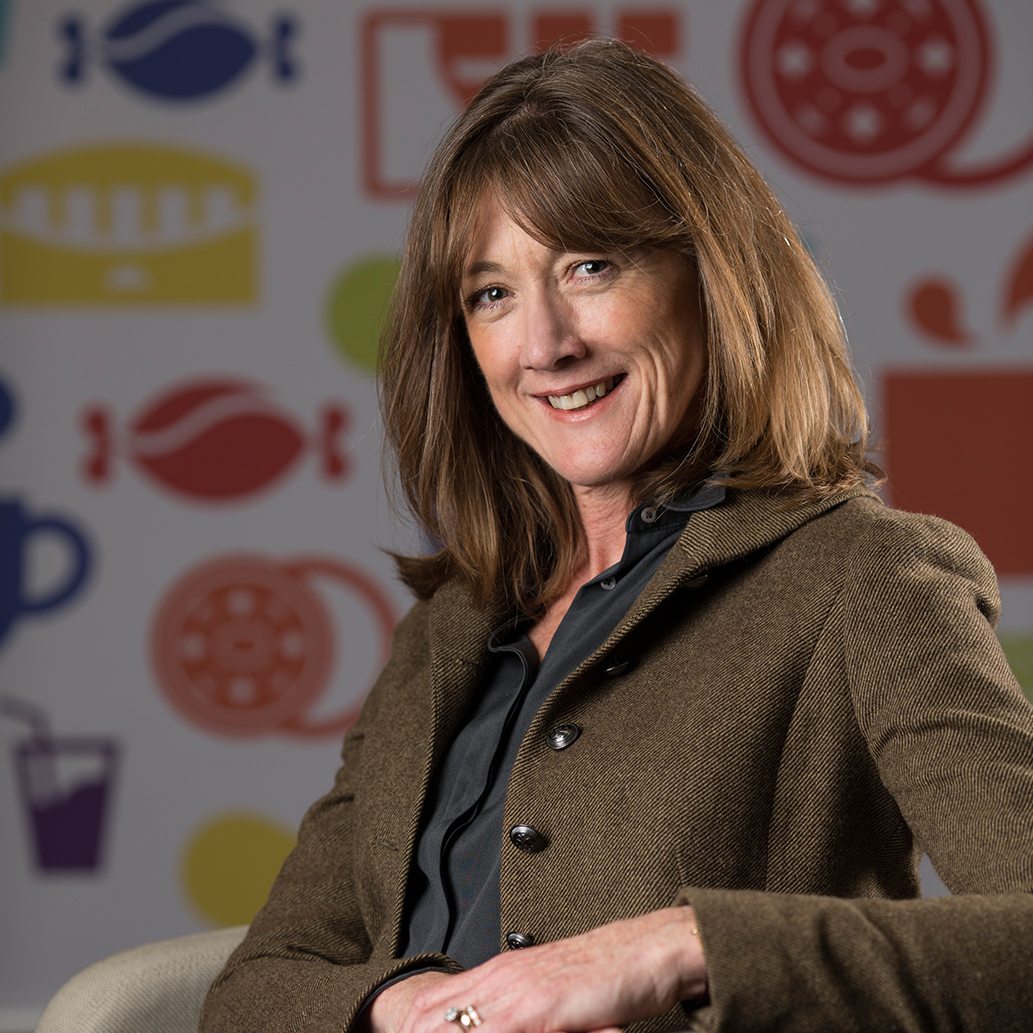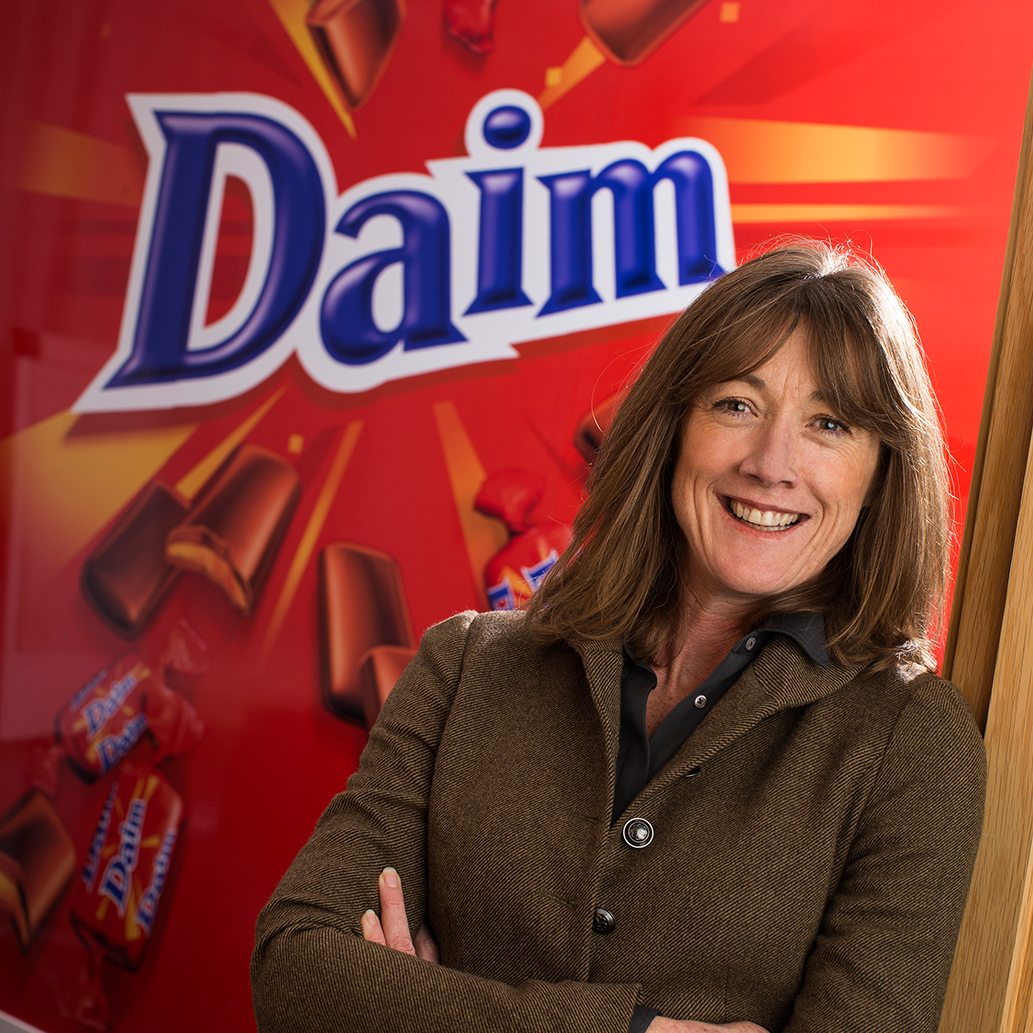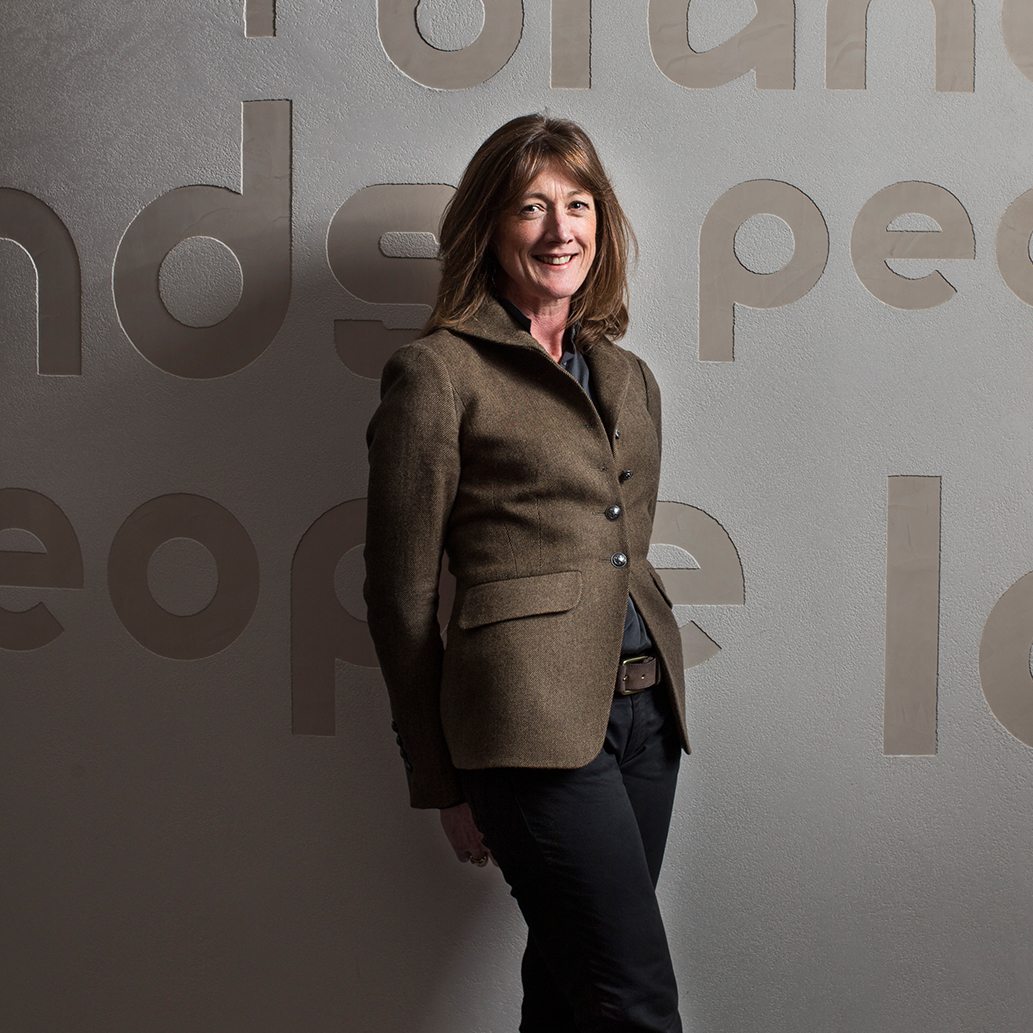Diane tell us about your early life and why HR was appealing as a career?
Back in my home country of South Africa, growing up in Port Elizabeth, I distinctly remember a careers’ day at school where I discovered that my Geography teacher had previously been in HR, as personnel officer at Ford Motor Company, which was in my home town. We had a visit to the factory and it was my first experience in a place of work. But it was something my teacher said about HR that struck a very early chord. I was very sporty at school and, up until the point of leaving school, everyone thought I would go into sport as a career. When I went into further education, I studied psychology with a plan to become a clinical psychologist, and until I had to do a practical, that was the plan, but it proved to be a quick decider that it wasn’t what I wanted to do. Then I looked more closely at HR, and realised a degree in psychology could be a very useful route in, and it has proved to be very useful throughout my career. I started work in a retail environment, as a manager, and stayed a year before moving into HR when a great job came up at Motorola as personnel manager.

Give us an idea of what it was like in South Africa at this time, and at a big employer like Motorola?
This would have been 1985, and so politically there was a lot going on and global businesses were, at this stage, pulling out of South Africa, piling pressure on the Government to end Apartheid. It was around this time that Motorola was sold to Altec a big local telecoms business. The part of the Motorola business that I was involved in was small and very intimate, and suddenly we were moved to the main telecoms part of the company, which had a 3,000 workforce. Later, I joined Dun and Bradstreet, also an American company in South Africa, and then when they had an opening in the UK, I moved to London with my husband.

Looking back, what do you remember most about that time?
The atmosphere was typical of any big corporate environment with a focus on teamwork and performance. The difference was the external context in South Africa at the time, which created challenges for our employees in terms of even just getting into work and, as a team leader, I was never sure who would be able to get to work or not.
It must have been with mixed feeling that you left South Africa, and something of a culture shock moving to London.
In South Africa at that time we were quite isolated and so arriving in London and finding out what people really thought of my home country was a shock. Beyond this, given my English heritage, my husband and I settled into life in London and all it offers quite quickly. I worked in the City at the end of the eighties, which was a fantastic time to be there and experienced the opening up of the financial markets.
What was your next career move?
Part of the reason I moved to the UK was Dun and Bradstreet needed a new person to help set up a new location in High Wycombe, moving from the city office, which was in the process of closing down. So it was two years of pretty full-on HR work across the piece. After that I thought it was time for a new opportunity and challenge, and I had an interview with Coca-Cola and Schweppes, for a graduate recruitment role. I got the job and moved into the fast moving consumer goods sector. I spent a year with Coca-Cola and Schweppes, who were part owned by Cadbury Schweppes. At the end of that year I was offered a role at head office, and from there I kept moving every few years into different HR roles in Cadbury Schweppes. One of my favourite roles was in global resourcing, managing our young talent development programmes, which led to the introduction of our talent review process. It was a formative experience leading an international team of HR leads from across our global business and working with third-party experts on talent management and assessment for the first time.
Changing cultures is always a challenge, especially in organisations with long and proud histories.
During my time at Cadbury Schweppes I experienced the first of many culture change programmes. In this instance, we wanted to shift our business aspiration to being a top-tier FMCG business. We became focused on shareholder returns, leadership development and sharpening our culture. I was lucky enough to be part of the HR team which developed a culture change programme that was implemented across our business. What I learnt was it can take a fresh pair of eyes and partnering up with external organisations really works – third-party experts often have an advantage when it comes to bringing in change, and promote a feeling of confidence and authority internally. You also need change to come from the top. When you get leaders working well together and involved in the practical aspects of change, not just the theory, you see it make a real difference and that’s when you know you’re making progress. When you work for a company which has been around for as long as Cadbury or Kraft Foods (now Mondelez International), it creates a big sense of responsibility and you realise that you’re a custodian of important heritage and your job is to hand over the baton, in good shape, to the next generation. You do get that sense that it’s your job to make it good for the future.
But I guess sometimes, heritage and nostalgia can be an obstacle to change and progress.
I joined Cadbury Schweppes and it then became just Cadbury, and the Schweppes people were sad to leave our business, then the acquisition by Kraft Foods changed things again. So in business you get used to ownership of brands and people changing. My learning is that you need to ensure the people and the brands are looked after every time you change and that’s what keeps the business going. It can be a culture clash when two powerful and historic businesses and brands are merged. As a leader, you need to ensure people are happy with change and feel comfortable with the way forward, and that, of course, is about being transparent in your communications and it’s about taking care of the business to ensure it keeps performing. Change is an interesting process. Most people say they don’t like change, but every time I have experienced it, things have improved and a change can be quite refreshing and gives renewed vigour. My learning and experiences through the Kraft Foods acquisition were that it’s crucial to the success of any change programme that you put a lot of effort into people understanding the journey they are on.
What I found useful was making people aware of the commonalities of both workforces, focusing people on the same objectives. At the heart of both the Kraft Foods and Cadbury businesses was a huge amount of pride that provided a good connection and helped create the glue between the two businesses. We also discovered the more we could get people from the two businesses together, the tighter the bond became and residual differences began to fade. We had to reduce the headcount, which is inevitable during a merge and we have all lost friends and colleagues, whether from Cadbury or Kraft Foods. We got through it by paying a lot of attention to our people, and taking a great deal of care. It was very important that our leaders talked openly about how they felt. You have to be believable and the best way of doing that, it sounds obvious, is to be honest and authentic. You have to be careful you don’t oversell, and you have to be open and transparent about the good and the bad. People can spot when you’re trying to pull the wool over their eyes. We had to be clear with the timetable and be fair in all our actions.
The publicity after the Kraft Foods takeover, with the closure of the Bristol site must have been tough to manage.
You get used to the media and try to ignore it. Our employees did get frustrated as often the facts reported in the media weren’t the facts as we experienced them, so it wasn’t an easy time. But we got through it. As I said, you need to be open and transparent with all of your employees and we didn’t hide away from anything. We actively encouraged people to ask us questions or raise concerns.
And two years down the line, how have things settled?
We’ve become one business. People are in new jobs, and there are new systems in place. We held function focus forums to allow people to feedback how things were progressing at the time, and we’ve actively been measuring sentiment and morale within the business and the scores are increasingly encouraging. Cadbury’s sponsorship of the London 2012 Games was also a big help to us and we really found it a positive experience. We didn’t realise at the time quite how much our involvement in the Olympics was going to bring people together. Our campaign was all about bringing the joy of the Games to the nation, and we wanted to do that for our employees as well. It was a two year campaign in all, and there were so many activities and events as part of that, but some of the highlights for me were: hosting numerous fun events at every one of our UK sites, creating opportunities for our people to meet with and learn from Olympic and Paralympic athletes and their coaches, and all of my colleagues who took part in Ride Across Britain to raise money for Paralympics GB. Sure,you still get people who are “legacy Cadbury” or “legacy Kraft Foods”, and they haven’t experienced the difference yet. It takes a while for things to work through and you have to be patient, but that’s typical of any integration. We’re in a great place, the foundations are solid, and we have a new President, Maurizio Brusadelli, who is a great communicator and really engaging, so it’s a great time for our business.
What has this period taught you about the organisation and people in general?
I always think of our organisation as being a fantastic place to work, and it is why I have stayed so long. But the integration and London 2012 experience has really reinforced for me how talented our people are, and that we are a great place to work even after all the change. I think the step change is, we probably had a highly? committed organisation and, through the course of change, we’re moving into being an even more engaged organisation. People are sticking at it and are staying around, because they have this strong association with the business. This year, we’ve really focused on what we can do for individuals to improve skills and continue to make this a great place to work. It’s a fact that we’ve lost good people because of integration and that’s never a good thing to have talent leave and work elsewhere. But you watch this really carefully and make sure it doesn’t become an avalanche, you look after people and you treat them fairly. Change will continue, it’s inevitable, and it’s at the heart of all progress, and ensures that we’re a business that is fit and relevant for the future. From an HR perspective, our team has gone through the same changes as the rest of the business, it had to, as the way Kraft Foods organised HR was very different to Cadbury, but we lead the way.
What are the big issues now and the challenges that HR has to consider as businesses are battling out of the recessionary mire?
I think supporting young talent is an issue we need to tackle, and youth unemployment is a major concern now and for the future. At Mondelez International we have an active apprenticeship scheme and I think all employers really need to be active in helping to reduce youth unemployment and tapping into the talent potential there, otherwise we’ll see increasing skills shortages across different sectors. On the other end of the scale, there’s the pensions issue of course. We attended our European HR conference earlier this year, and our colleagues are discussing what the long-term implications of a declining birth-rate and an ageing workforce will be on us as an employer and the business. So there are some big challenges for the wider industry as a whole and I think a key focus needs to be promoting and supporting skills development.
And what about your own career how would you sum that up?
I think if you can look back without regret, you’re very fortunate, and I don’t regret anything I’ve done in my career. I count myself very lucky to have worked for an organisation like Cadbury and now Mondelez International. Every year has been different, a new set of challenges to get busy with and so much change that I’ve never had time to get complacent or bored. And, as I said earlier, with a heritage like this, you are a custodian for the time during which you are involved and have some influence and, it is how you pass that on to the next generation that is really the true gauge of your success.
And now the household name of Kraft Foods is becoming Mondelez International. How important has this re?brand been in setting the organisation up for the future?
On the 1st October of this year (2012), Kraft Foods changed its name to Mondelez International, after spinning-off its North American grocery business. As a company, we believe we are in a unique position. We make some of the world’s iconic brands, such as Cadbury, Milka, and Oreo, which are loved by generations of consumers, and have a longstanding heritage in the UK and Ireland. The launch of Mondelez International will allow us to drive growth in our business, and we’ll do this by investing in our global power brands and focusing on driving innovation at all levels and across all brands. Our people are key to this process and the name Mondelez International was actually suggested by employees as part of a co-creation process. The new name includes a newly-coined word “Mondelez” (pronounced ‘moan-de-leez’) that evokes the idea of a world of “delicious products”, and it also represents our collective approach to what will be, unquestionably, a very exciting stage for this organisation. For me, the responsibility of people at the very center of this business is as compelling a challenge as it ever has been.












